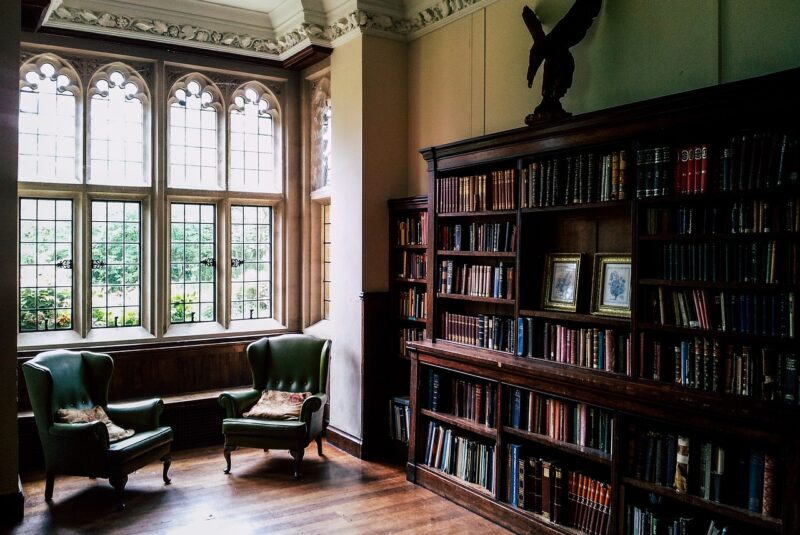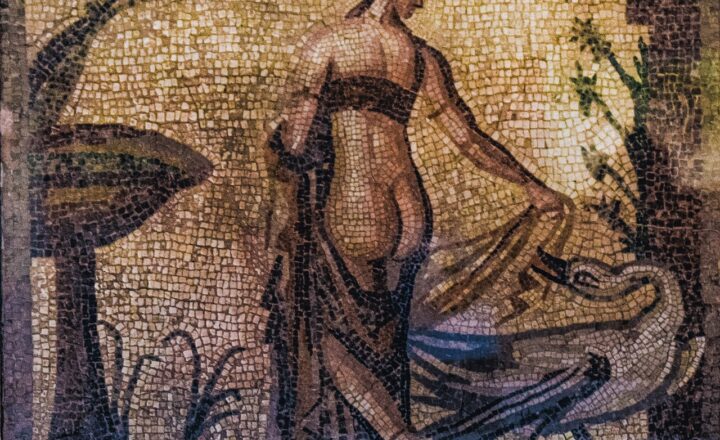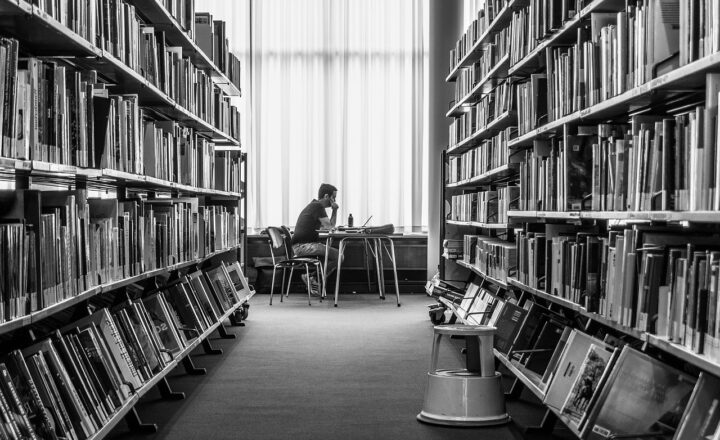How the Ancient Library of Alexandria Shaped the Modern World of Knowledge
November 16, 2024

The Ancient Library of Alexandria, one of the most famous libraries of the ancient world, was a marvel of human achievement and intellectual pursuit. Established in the early 3rd century BC in the Egyptian city of Alexandria, it quickly became a beacon of knowledge, attracting scholars, philosophers, and thinkers from various corners of the world. This library’s impact on the trajectory of knowledge and education is profound and continues to resonate even today.
1. The Origins of the Library of Alexandria
The library was part of a larger institution known as the Mouseion (the Temple of the Muses), which served as both a center for research and a place for scholars to live and work. Founded under the reign of Ptolemy I Soter, the library aimed to collect all human knowledge and preserve it for future generations.
Information gathering was conducted through extensive efforts to acquire texts. Ptolemy I instructed that any ships docking in Alexandria be searched for books, which would then be copied, and the originals kept in the library. This approach allowed the library to amass hundreds of thousands of scrolls, making it a repository for works that spanned various disciplines, including history, literature, mathematics, and science.
2. The Scholars of Alexandria
The Library of Alexandria was not only a collection of texts but also a hub for brilliant minds. Scholars like Euclid, known for his work in geometry; Eratosthenes, who calculated the Earth’s circumference; and Hypatia, a prominent mathematician and philosopher, all contributed to the library’s legacy.
These scholars used the vast resources of the library to push the boundaries of various fields. For instance, Euclid’s Elements laid the groundwork for modern geometry, while Eratosthenes’ calculations advanced the field of astronomy. Hypercritical thinking and interdisciplinary study flourished, an academic approach that resonates well in contemporary educational practices.
3. The Library’s Influence on Knowledge Transmission
The library played a vital role in the preservation and transmission of knowledge from ancient civilizations to the modern world. Several factors contributed to this:
- Translation and Transcription: The library was instrumental in translating works from different languages into Greek. This included texts from Babylonian, Egyptian, Hebrew, and other cultures, thereby creating a rich tapestry of shared intellectual heritage.
- Interdisciplinary Studies: Scholars at the library engaged in disciplines beyond their initial studies, paving the way for connections between mathematics, astronomy, philosophy, and medicine. This form of interdisciplinary inquiry is a hallmark of modern academia, which frequently emphasizes the integration of various fields of study.
- Fostering Intellectual Exchange: The library attracted not only local scholars but also international thinkers. This facilitated a melting pot of ideas where knowledge was debated, refined, and disseminated across different cultures, significantly influencing future generations of thinkers and scientific advocates.
Through these contributions, the Library of Alexandria became a pivotal player in preserving ancient knowledge and facilitating its integration into modern thought.
4. The Role of the Library in the Future of Science
One of the library’s most significant contributions to modern knowledge is its influence on the scientific method. Thinkers such as Archimedes and Galen drew on the works housed in the library to challenge existing beliefs and conduct systematic inquiries.
The incorporation of empirical evidence and observation became foundational to the burgeoning field of science. This was particularly exemplified during the Renaissance when scholars rediscovered ancient texts, including those from the Library of Alexandria. The methods and philosophies established by Alexandria’s scholars provided an intellectual springboard for advancements in logic, ethics, and natural sciences.
5. The Mystery of its Destruction
Despite its monumental significance, the exact circumstances surrounding the library’s destruction remain shrouded in mystery. Several historical accounts suggest various events may have contributed, including Julius Caesar’s siege of Alexandria in 48 BC, during which a significant portion of the library’s collection may have been lost.
Subsequent accounts mention further destruction during the reign of Aurelian in the 3rd century AD and attacks by fanatical groups throughout the centuries. While the loss of the library was a grave blow to knowledge preservation, its legacy persisted through the works that survived, as well as through the scholars who carried on its intellectual spirit.
6. Modern Reflections on the Library of Alexandria
Today, the concept of the library continues to influence modern institutions, owing to its ideal of aggregating and curating knowledge. The Bibliotheca Alexandrina, inaugurated in 2002, stands as a tribute to the original library; it aims to rekindle the flame of knowledge and foster broader cultural exchange and understanding among civilizations.
The memory of the ancient library inspires contemporary discussions on the importance of preserving digital knowledge, curated databases, and accessibility for all. As we face an era characterized by an information explosion and rapid change, revisiting the values embodied by the Library of Alexandria can guide our practices in knowledge management and community education.
Conclusion
The Ancient Library of Alexandria was more than just a collection of scrolls; it was a testament to the pursuit of knowledge and the collective ingenuity of humanity. Its influence is woven into the fabric of the modern world, instilling a belief in the importance of inquiry, empirical evidence, and the unrestricted flow of information.
As we continue to explore the depths of human knowledge, the legacy of Alexandria reminds us that libraries are vital for intellectual growth and cultural continuity, ensuring that knowledge persists across generations.
—






